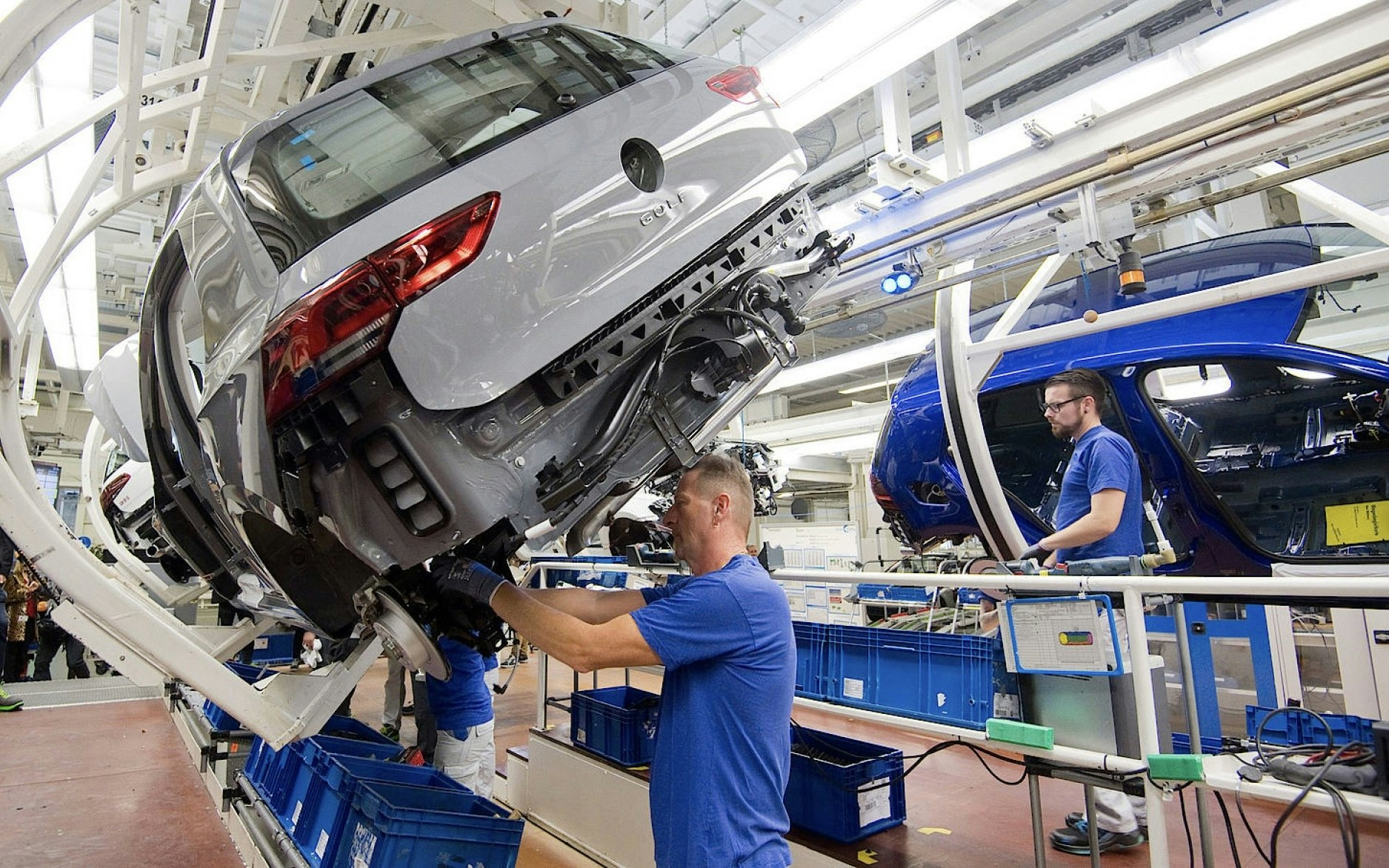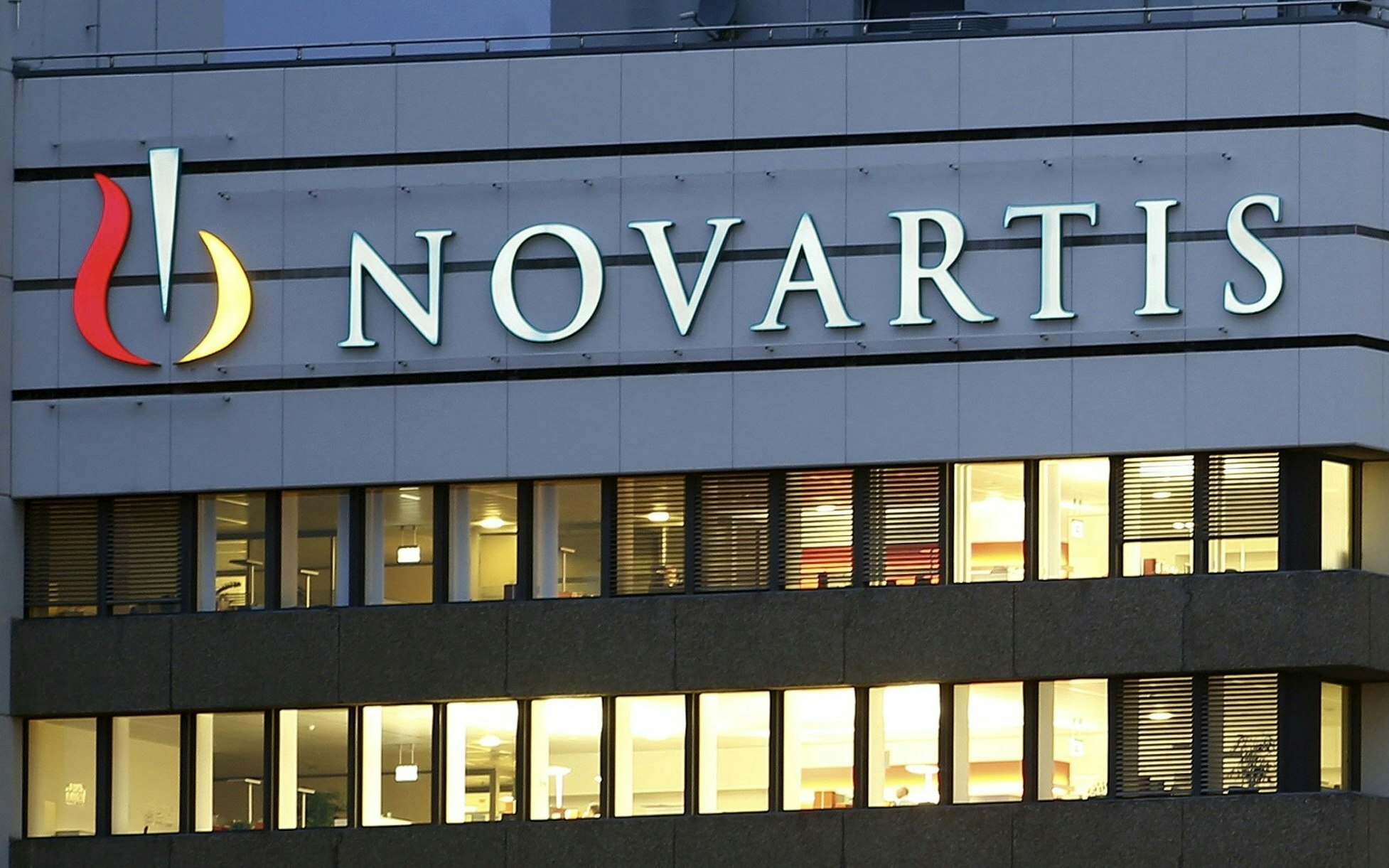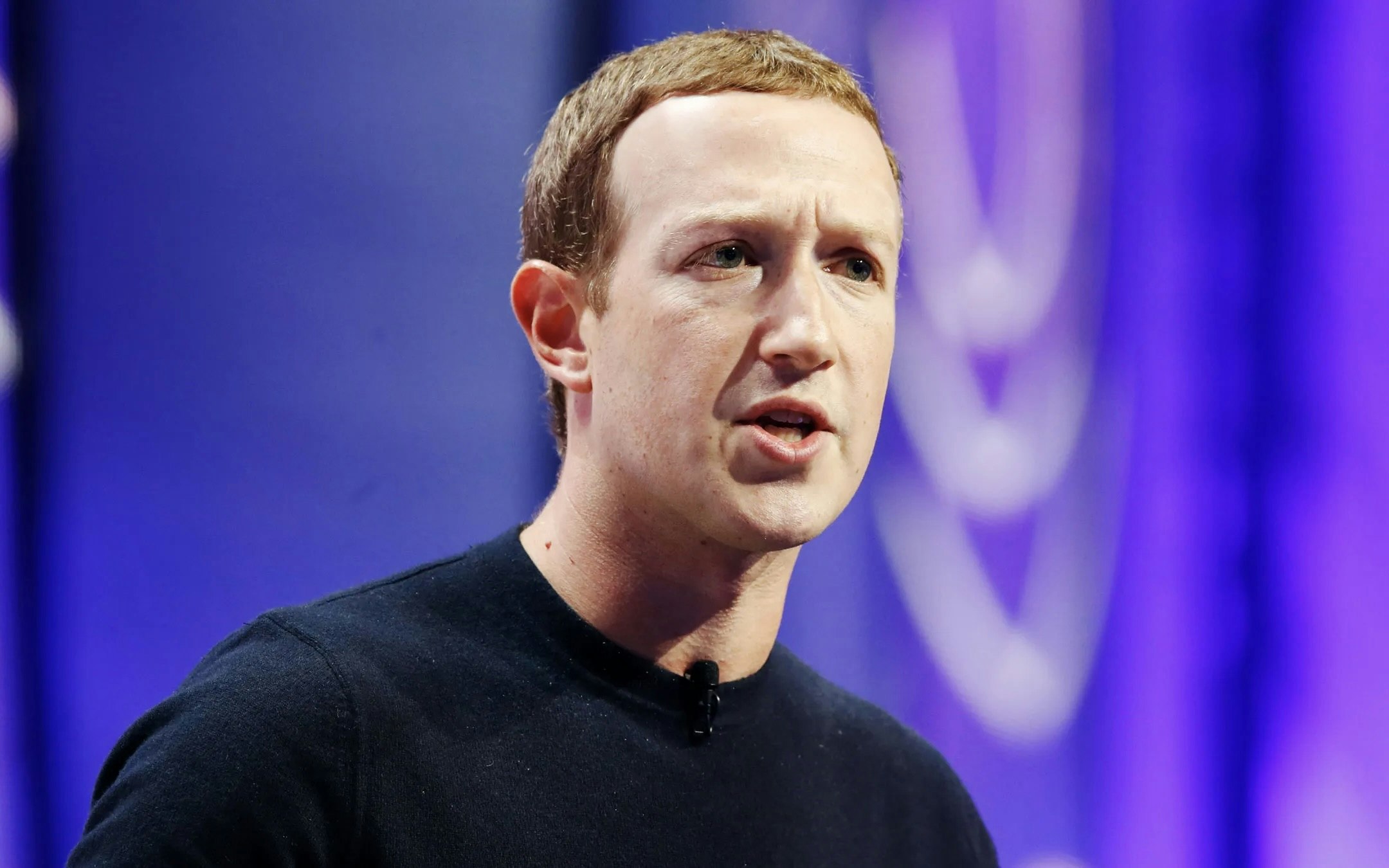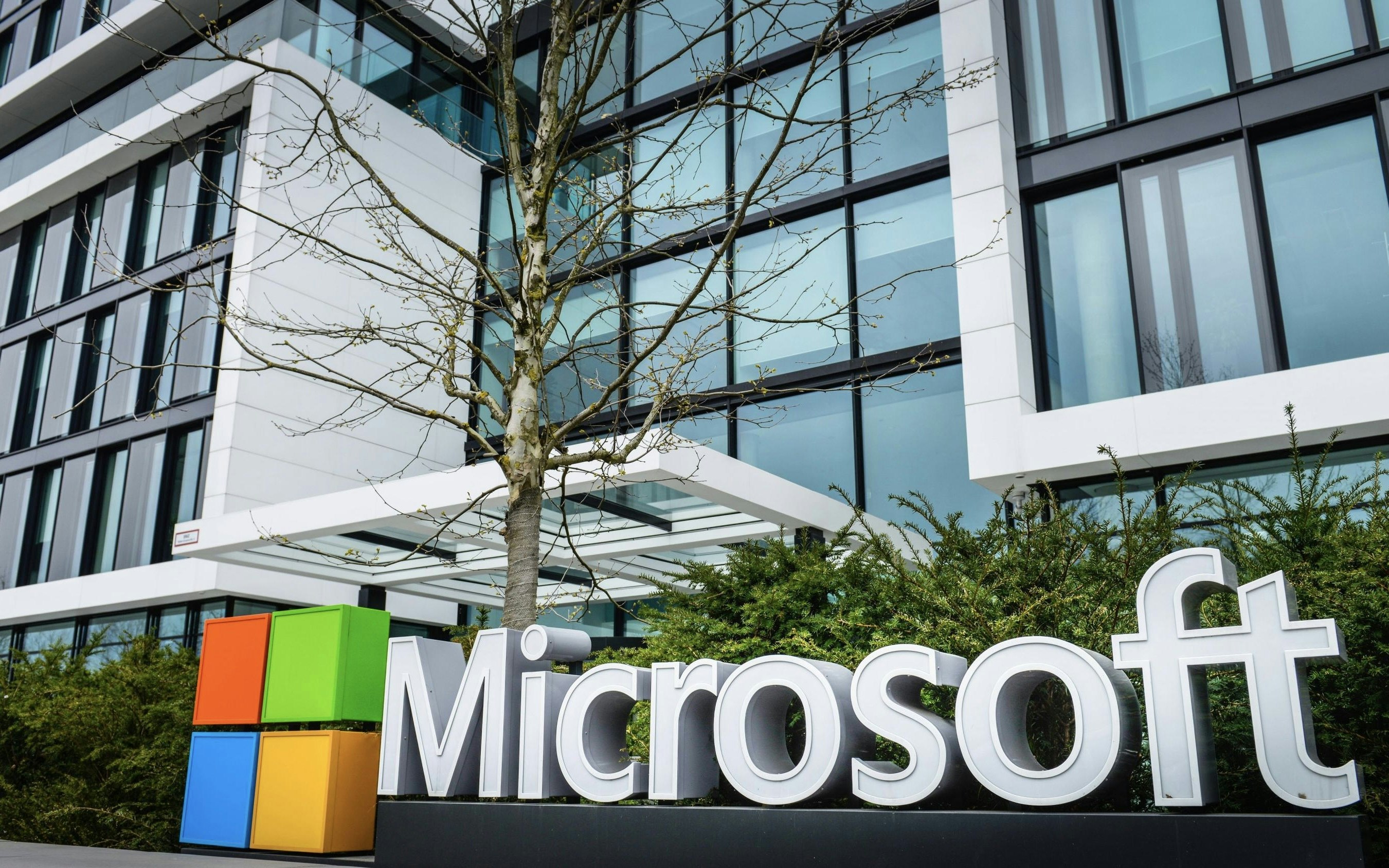Volkswagen has informed its employee representatives and the IG Metall union that the job security agreement, which has been in place for three decades, will expire in July next year. This step, which could potentially have significant impacts on Europe's largest car manufacturer, could cost the company "billions" according to unions if no alternative agreement is reached.
**The original agreement, which was supposed to run until 2029, guaranteed comprehensive protection against layoffs for employees at German locations. By deciding to end this agreement, VW is preparing for a potentially lengthy and costly confrontation with the unions. IG Metall has already threatened to strike if no agreement is reached. "This will be a dispute Volkswagen would have preferred to avoid," said local union leader Thorsten Gröger.**
VW's Move Highlights Growing Financial Pressure on the Company Amidst the Transition to Electric Mobility and Decreasing Demand for Its Vehicles in Europe and China. Last week, the company already caused a stir by announcing it was considering possible factory closures in Germany – a move previously considered taboo.
Volkswagen's flagship had already announced cost savings of 10 billion euros last year by 2026 to increase the operating margin to 6.5 percent. However, the margins have continued to decline, down to 2.3 percent in the first half of 2023. Therefore, management feels compelled to save billions more, which could mean job cuts and possibly factory closures in Germany. A closure of a German plant would be unprecedented in the company's 87-year history.
Union representatives warn that the decision to dissolve the employment protection agreement carries significant financial risks. If no new agreement is reached, additional payments to employees could become due, as an older collective agreement from the 1990s would automatically come into effect. This could cost the company billions, according to IG Metall.
In an internal communication to employees, Volkswagen acknowledged the need to reach a new agreement to prevent the automatic renewal of old collective agreements. Otherwise, the company risks 'falling significantly behind the competition,' which would further strain the efficiency program.










